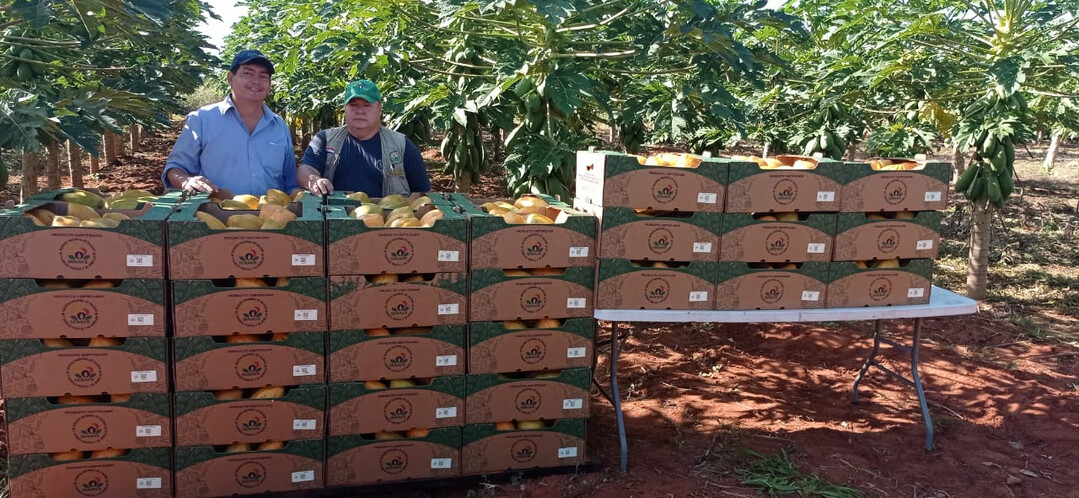
A farmer in the San Estanislao district of San Pedro Department in northern Paraguay has achieved a significant milestone in local agricultural production by obtaining quality and safety certification for over 4 tons of papaya. This is being hailed as an encouraging example for small-scale farmers in Paraguay, demonstrating the potential for sustainable production and securing market competitiveness.
The protagonist of this achievement is Fidelino Báez, a farmer residing in the 10,000th district of San Estanislao. Through perseverance, hard work, and continuous dedication to improving quality, he successfully passed stringent quality and safety standards for a total of 4,250 kg of papaya. This quality certification for papaya, a beloved tropical fruit in Paraguay, is expected to have a positive impact on the entire local agricultural sector, beyond just Mr. Báez's personal success.
According to local agricultural technology experts, the papaya produced by Mr. Báez was packaged in a total of 400 boxes and underwent thorough quality inspections. This not only assures consumers of a safe and reliable product but also establishes a foundation for competitiveness in demanding markets.
This achievement transcends the success story of a single farmer, delivering a positive message to the entire fruit and vegetable production chain in the region. Obtaining quality certification serves as a model for other small and medium-sized farmers, proving that sustainable production competitive in both domestic and international markets is possible through systematic education, technical support, and consistent effort.
Technical experts who supported the certification process collectively emphasized, "The case of Fidelino Báez demonstrates the potential of rural communities when knowledge, effort, and a vision for the future are combined."
In Paraguay, papaya (Carica papaya) cultivation is considered a profitable and productive alternative, especially in warmer regions such as San Pedro, Cordillera, and Central departments. Notably, the cultivation of organic papaya is expanding, with successful cases centered around the Concepción region.
Papaya cultivation offers farmers an attractive alternative to increase crop diversity and improve profitability. A single papaya tree can reportedly produce 40 to 60 kg of fruit annually, depending on the variety and cultivation management. Papaya products are sold in fruit shops and supermarkets, and their demand is steadily increasing due to growing health awareness.
The success story of Fidelino Báez holds significant implications for the Paraguayan agricultural sector. By demonstrating that small-scale farmers can produce high-quality agricultural products and secure market competitiveness through quality certification, it can serve as a crucial driving force for innovation and development in local agriculture. The Paraguayan government and related institutions need to strengthen education and technical support for farmers and expand various policy support measures for obtaining quality certification to disseminate such success stories.
Furthermore, to enhance the competitiveness of local specialty crops like papaya and increase farmers' income, multifaceted efforts are required, including diversifying distribution and sales channels and fostering the processing industry, in addition to the production stage. Developing various processed products using high-quality papaya can create new markets and contribute to increasing farmers' income.
With this quality certification as a stepping stone, it is hoped that the papaya industry in the San Estanislao region will become more active, and more small-scale farmers will achieve sustainable growth through quality improvement. Just as the sweat and effort of Fidelino Báez have borne fruit, the hope for a bright future for Paraguayan agriculture is growing stronger.
[Copyright (c) Global Economic Times. All Rights Reserved.]



























